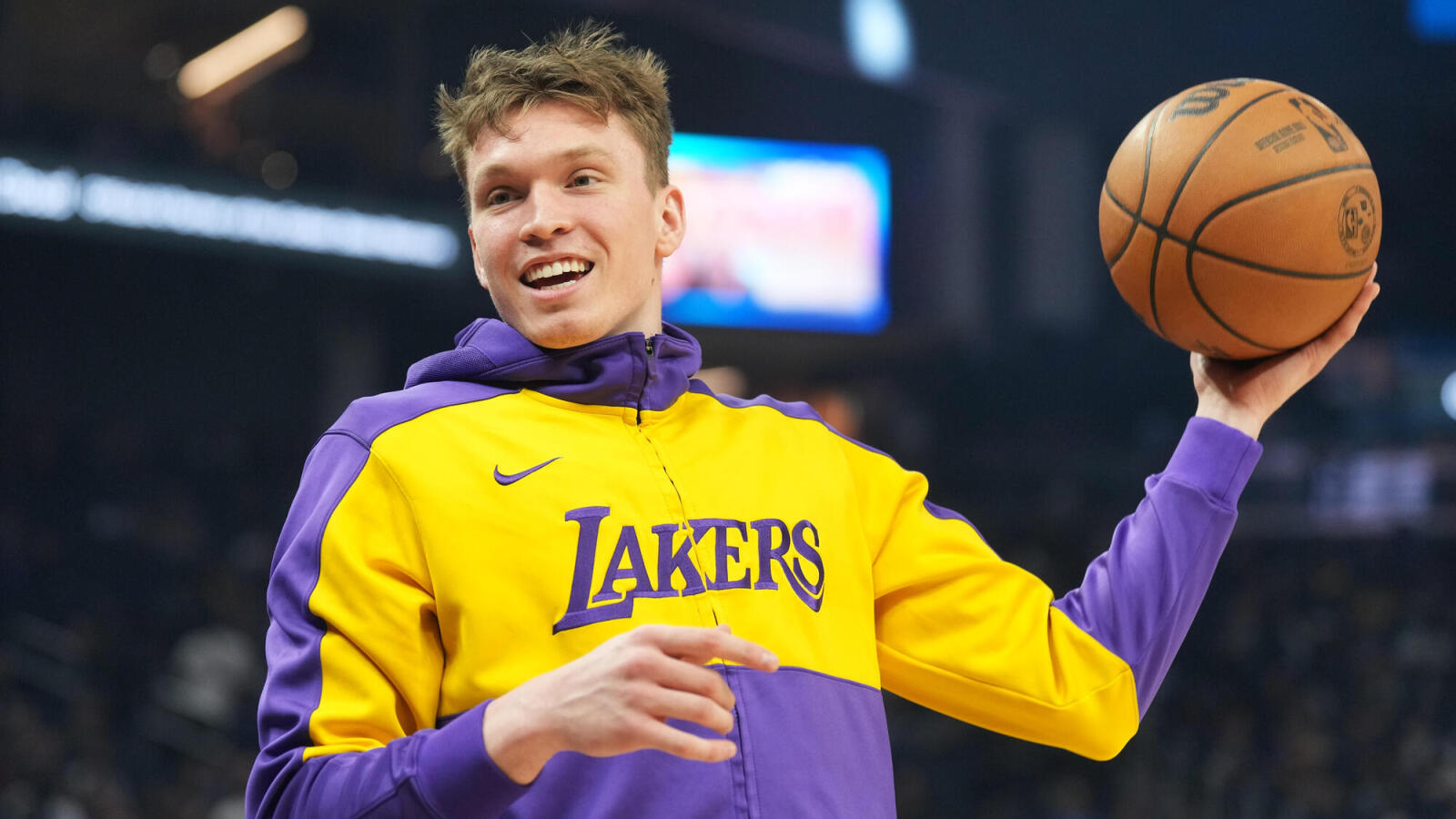Dalton Knecht’s trajectory with the Los Angeles Lakers has taken a concerning turn. Once seen as a promising first-round pick renowned for his scoring ability, Knecht entered the NBA with expectations of becoming a key shooter. After showing potential in his rookie season, the hope was that he would build on that foundation. However, recent performances have raised significant doubts about his future with the team.
Knecht’s struggles became evident following the failed trade talks that briefly placed him on the market. His performances during the Summer League have been particularly alarming. Averaging just 10.3 points per game, his shooting percentage dipped to 27.9 percent, with only 23.8 percent accuracy from beyond the arc. Out of 43 attempts from the field, he managed only 12 makes, including five three-pointers. Furthermore, he recorded nine turnovers against eight assists across six games in both the Las Vegas Summer League and the California Classic.
The Lakers drafted Knecht to provide shooting and composure, but his recent performances have sparked concerns within the organization. Observers noted that instead of refining his skills in the low-pressure environment of the Summer League, Knecht struggled with shot selection and rushed plays. This inconsistency has led to questions about his ability to transition from a promising rookie to a dependable contributor.
Increased Competition and Future Prospects
While fans may be quick to judge Knecht’s future, NBA scouts and executives recognize the complexities of the Summer League. This setting often prioritizes individual showcases rather than team cohesion. Evaluators indicate that Knecht’s real assessment will occur during training camp and preseason, where a few strong performances could shift the narrative in his favor.
Despite a respectable rookie season, where he averaged 9.1 points per game and shot 37.6 percent from three across 78 appearances, the competition for playing time has intensified. The Lakers have bolstered their roster by adding defensive-minded veteran Marcus Smart and versatile wing Jake LaRavia. This increased depth leaves less room for error, putting additional pressure on Knecht to perform. If his shooting fails to improve, his role as a “floor-spacing specialist” may come under scrutiny, particularly given his defensive limitations.
The implications of his recent decline are significant. Knecht’s trade value has already diminished, shifting from a valuable asset to a potential liability in future transactions. Should his slump continue, a stint with the South Bay Lakers in the G League could become necessary. While this move might aid in his development, it presents a sobering prospect for a 24-year-old who was selected 17th overall in the draft.
For Knecht, the mission is clear: he must rediscover his shooting touch and demonstrate his worth to the Lakers. The organization still values his skill set, but in a league that demands quick results, another poor performance could derail his career. The urgency is palpable as he seeks to prove he belongs in the NBA.
